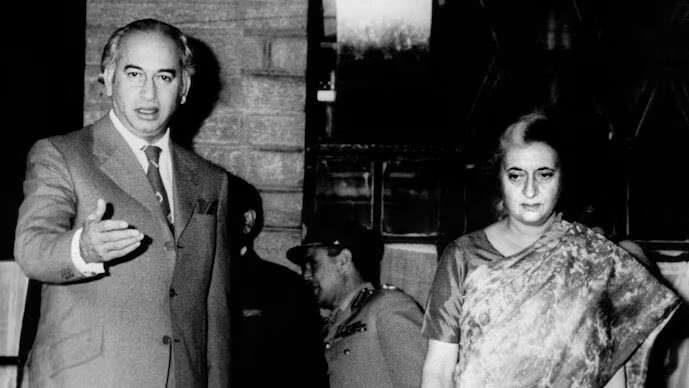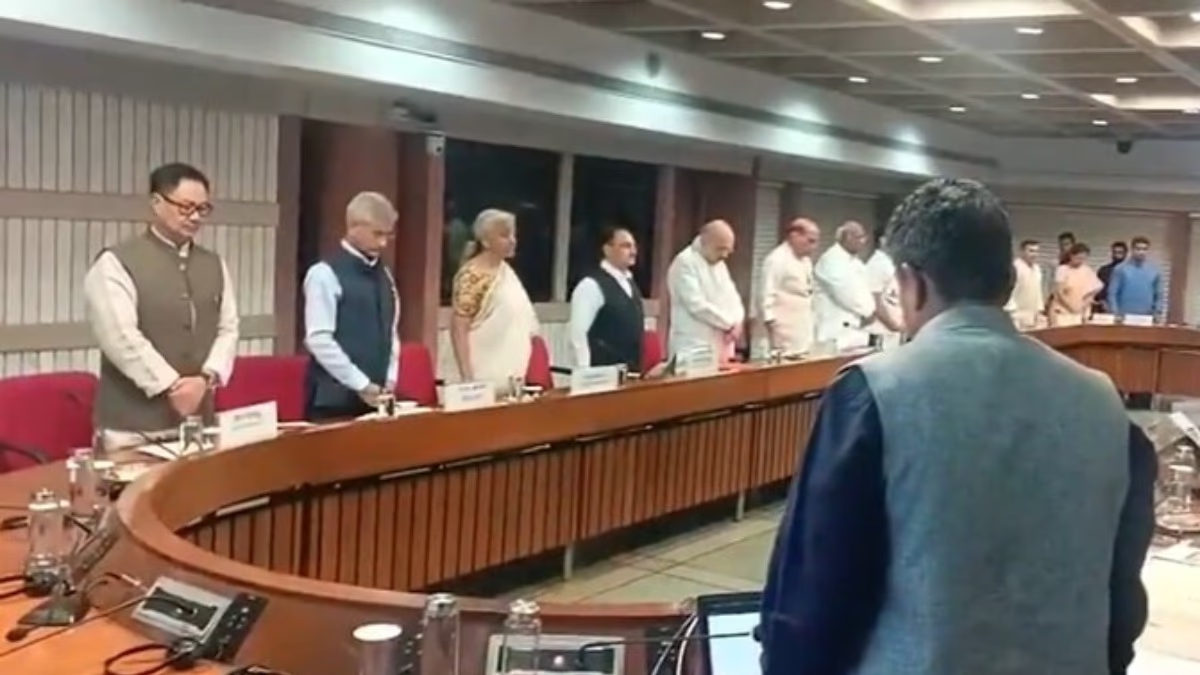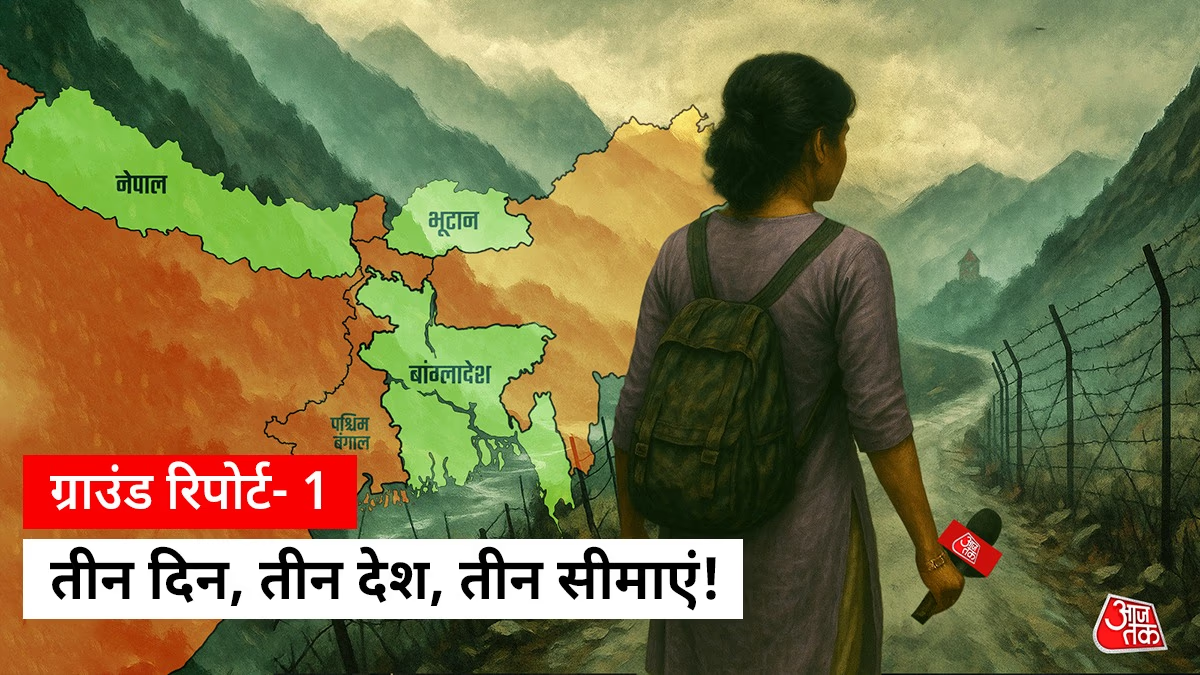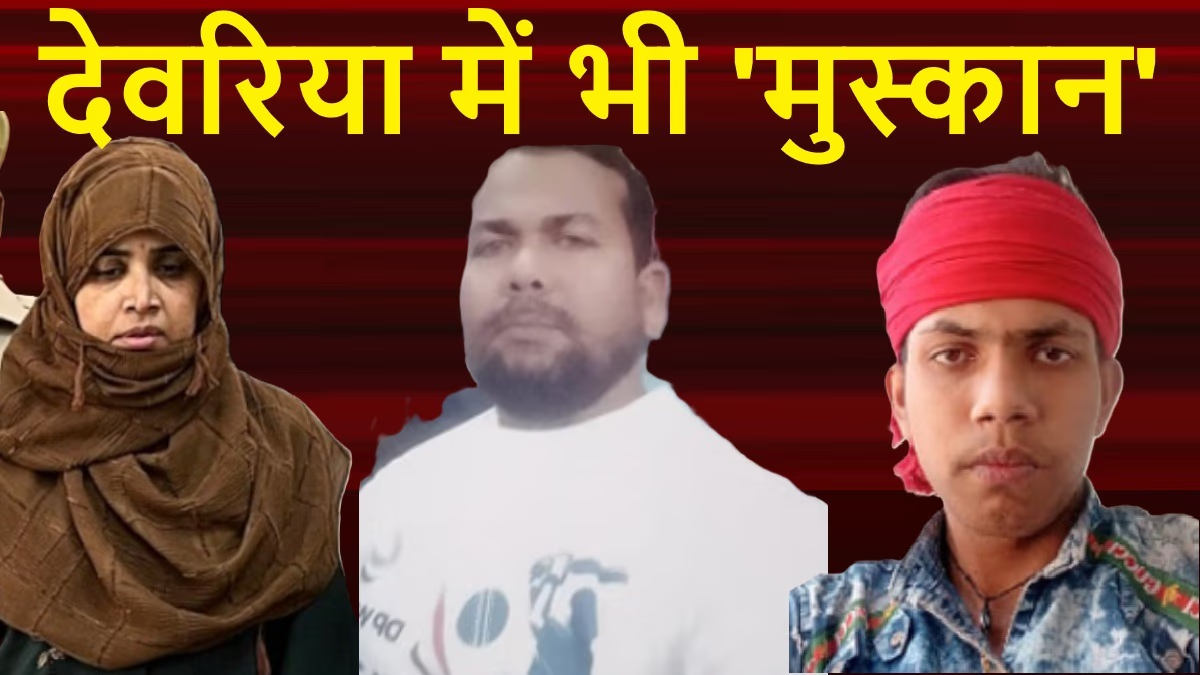In the wake of the terrorist attack in the Baisaran Valley of Pahalgam, Jammu & Kashmir, the Indian government has taken significant measures against Pakistan. In response, Pakistan has taken retaliatory steps, including closing the Wagah border, suspending SAARC visa facilities, and shutting its airspace to Indian aircraft in a series of decisions.
Today, Thursday, Pakistan's Prime Minister Shehbaz Sharif swiftly convened a meeting of the National Security Committee (NSC). Pakistan has made several decisions, accusing India of violating international law and UN resolutions while threatening to cancel the Shimla Agreement. Pakistan asserts its right to suspend all bilateral agreements with India, including the Shimla Agreement.
This bluff from Pakistan has placed the Shimla Agreement under the spotlight once again. Signed in 1972 between India and Pakistan to restore peace after a decisive war, questions arise: what exactly is the Shimla Agreement? What is its importance? Does it still hold significance today, and can Pakistan really revoke it? Let's explore in detail.
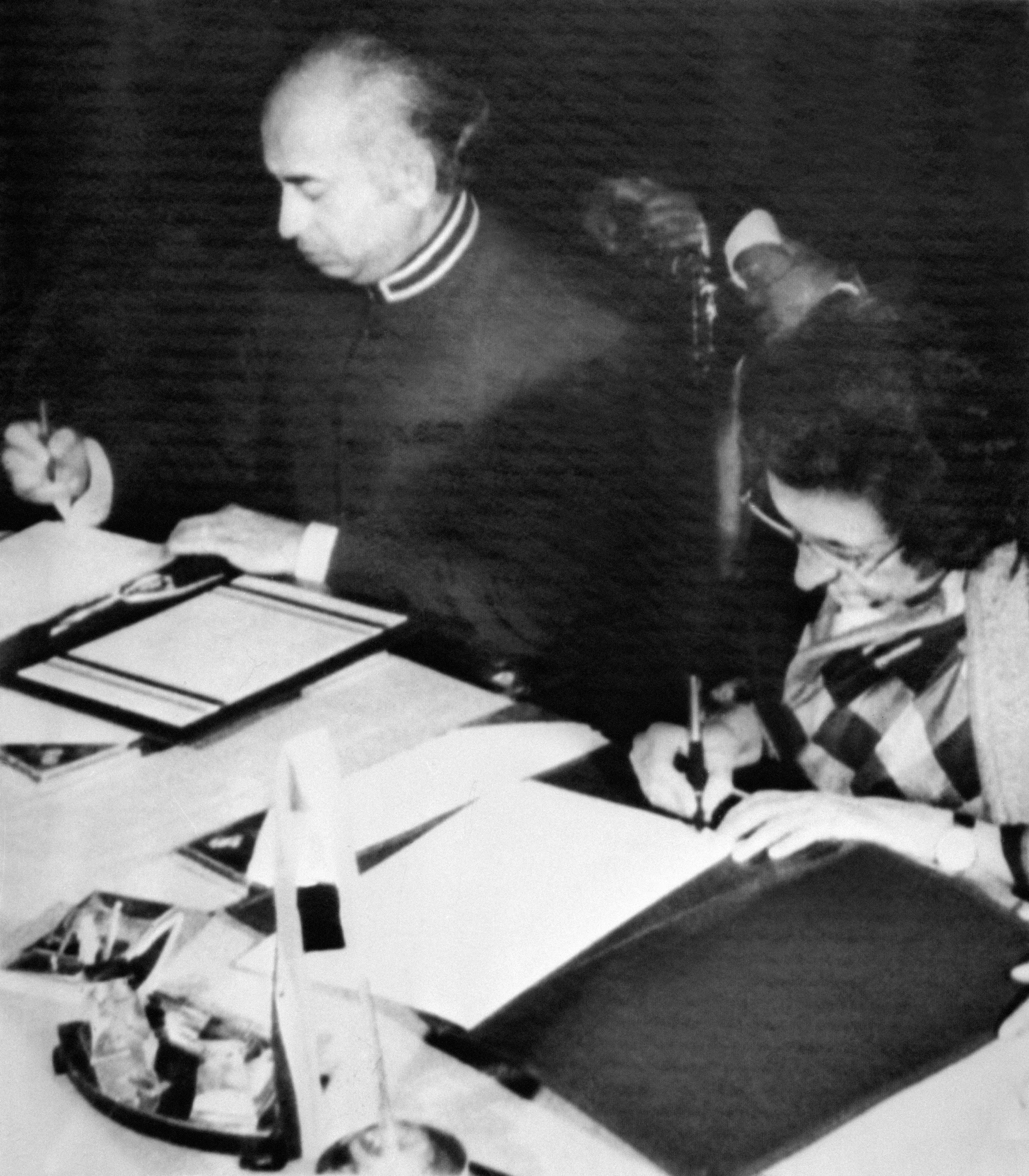
Source: aajtak
Background of the Shimla Agreement: The 1971 War
The 1971 war between India and Pakistan was centered around the liberation of East Pakistan, now Bangladesh. The Pakistani military committed severe atrocities in East Pakistan, leading to an influx of refugees into India. In response, India intervened and initiated military action against Pakistan.
This war concluded with a decisive victory for India. Around 93,000 Pakistani soldiers surrendered to the Indian forces, leading to the creation of a new country—Bangladesh—on the world map. This positioned India to impose strict conditions on Pakistan. However, prioritizing peace and stability, India invited Pakistan for talks, leading to the Shimla Agreement.
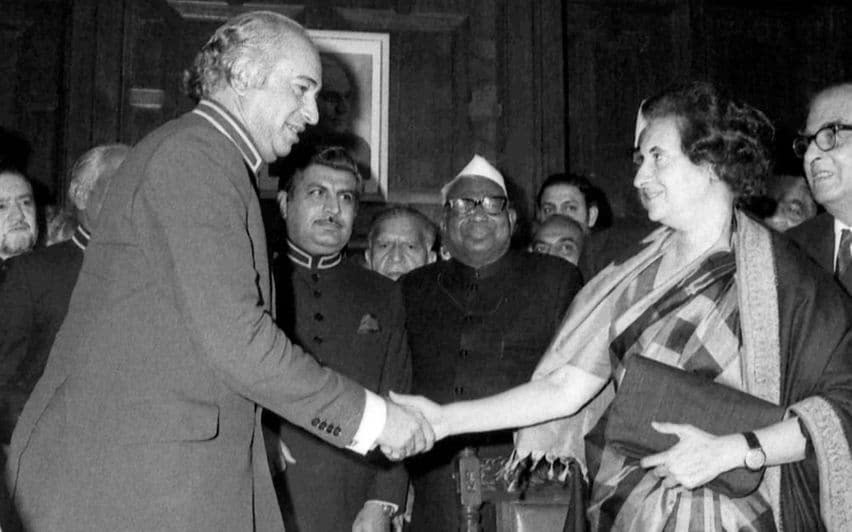
Source: aajtak
Shimla Agreement: When, Where, and Between Whom?
The Shimla Agreement was signed on July 2, 1972, in the city of Shimla, India. It was signed by the then Indian Prime Minister Indira Gandhi and the then Pakistani President Zulfikar Ali Bhutto. This agreement was not only aimed at resolving post-1971 war conditions but also represented a historic effort to improve future relations and maintain peace.
Main Clauses and Provisions of the Shimla Agreement
The Shimla Agreement reached consensus on several important issues, with key points being:
1. The Principle of Bilateralism:
India and Pakistan acknowledged that they would resolve all disputes through mutual dialogue. It rejected any third-party mediation, such as by the United Nations, the United States, or any other external power.
This was a diplomatic triumph for India as Pakistan consistently attempted to internationalize the Kashmir issue.
2. No Use of Force:
Both nations pledged not to use violence or military force against one another and to resolve all issues peacefully.
3. Reestablishment of the Line of Control (LoC):
A new Line of Control was defined according to post-1971 war conditions, which both countries accepted. This LoC continues to define the borders between India and Pakistan today.
4. Return of Prisoners of War and Captured Land:
India released nearly 93,000 Pakistani prisoners of war without any additional conditions. Additionally, most of the territory India had captured during the war was returned to Pakistan.
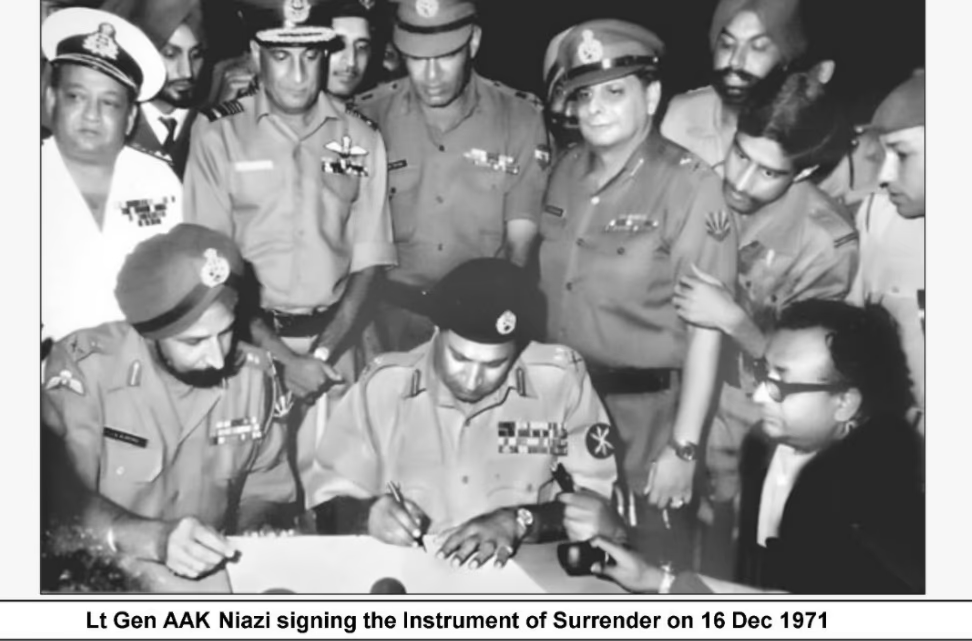
Source: aajtak
Significance of the Shimla Agreement: A Diplomatic Victory for India
The Shimla Agreement enabled India to have Kashmir recognized as a bilateral issue. This meant that Pakistan could no longer expect mediation from the UN or any third country.
Pakistan faced defeat and troop surrender, whereas India's mature, peace-loving stance bolstered its international image and strongly reinforced its reputation within the global community.
Kashmir and the Shimla Agreement
The Shimla Agreement's most significant impact was on the Kashmir issue. Pakistan often tries to internationalize this matter, but the Shimla Agreement restricts it to bilateral dialogue. India uses this as a legal basis to argue that Kashmir is not an international issue. A 1948 UN Security Council resolution mentioned a plebiscite on Kashmir, but by accepting bilateralism under the 1972 Shimla Agreement, Pakistan rendered these resolutions irrelevant. This is why India dismisses UN intervention in this matter.
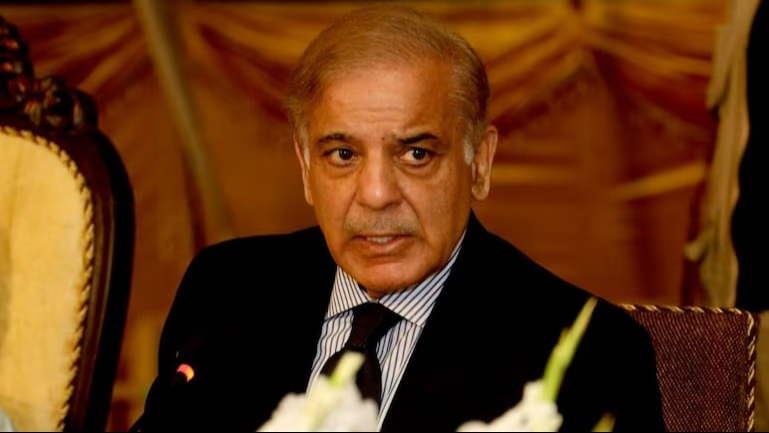
Source: aajtak
Can Pakistan Break the Shimla Agreement?
After the 2025 Pahalgam terrorist attack, India began intense diplomatic actions against Pakistan. In retaliation, Pakistan cited the Shimla Agreement, claiming it is suspending all bilateral agreements until India complies with ‘UN resolutions’ and ‘international law’. But can Pakistan legally do this?
Technically, any nation can withdraw from a treaty, but doing so profoundly affects its international credibility. If Pakistan rejects the Shimla Agreement, it implicitly admits that the Kashmir issue cannot be resolved through dialogue. India could then state unequivocally that if Pakistan annuls the agreement, India is equally unbound by it.
If Pakistan annuls the Shimla Agreement, bilateral dialogues could cease entirely, heightening tensions on international platforms. Furthermore, the Shimla Agreement makes both nations responsible for following the Line of Control (LoC). If canceled, military forces from both sides could become more aggressive along the LoC, increasing conflict risks and undermining trust in future prisoner or conflict situations.
